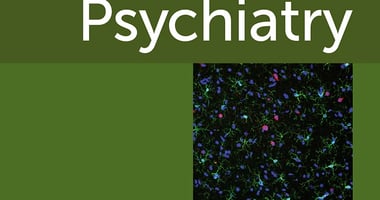Head Injury May Increase Risk for Psychiatric Illness, Study Finds
 |
They found that head injury was associated with a higher risk of schizophrenia, bipolar disorder, and organic mental disorders. This effect was larger than that of fractures not involving the skull or spine for schizophrenia, depression, and organic mental disorders, which suggests that the results were not merely due to accident proneness. Head injury between ages 11 and 15 years was the strongest predictor for subsequent development of schizophrenia, depression, and bipolar disorder. The added risk of mental illness following head injury did not differ between individuals with and without a psychiatric family history.
“[I]t has been suggested that after injury, brain tissue can be released into the peripheral blood with a possible synthesis of CNS-reactive antibodies,” the researchers state. “Such antibodies might reach the brain during subsequent periods of increased permeability of the blood-brain barrier, in line with the mechanisms by which autoimmune diseases and infections have previously been suggested to increase the risk of schizophrenia and depression.”
For more on this subject, see the Psychiatric News article "Researchers Look for Link Between Brain Injury, Psychiatric Illness."
(Image: Maya2008/shutterstock.com)





